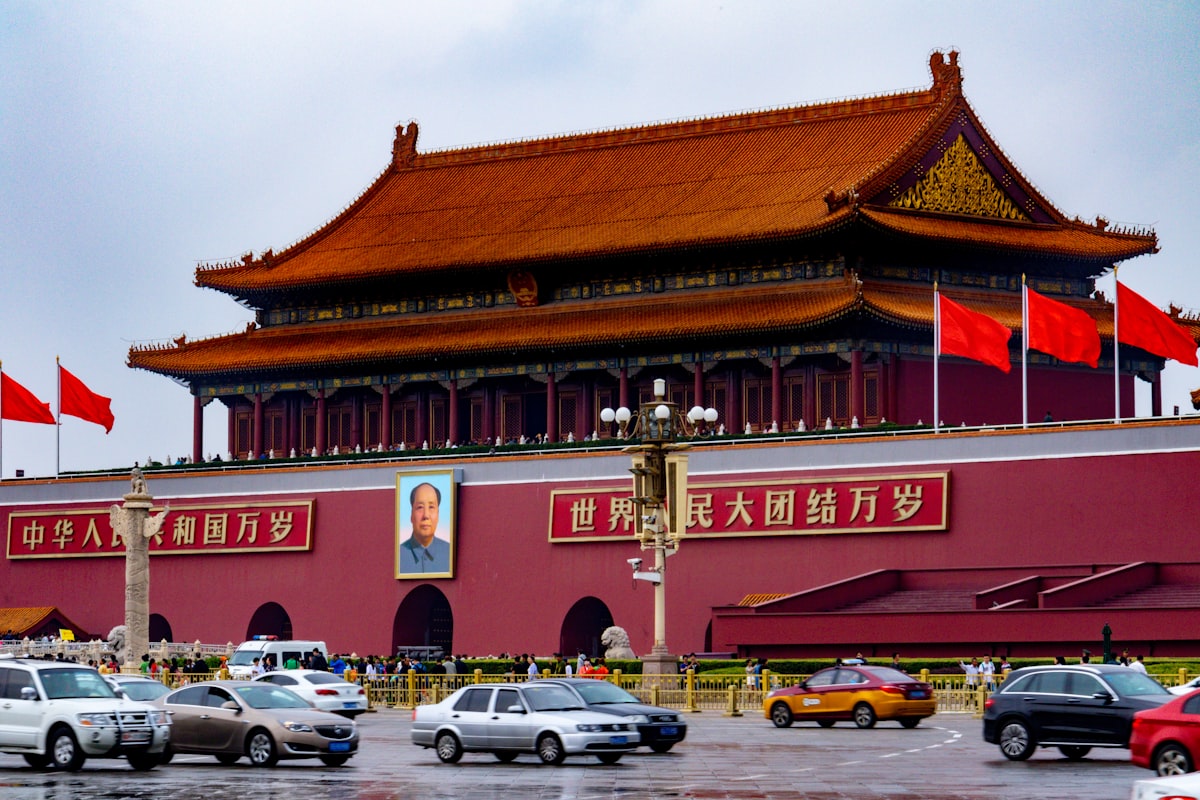Chinese Semiconductor Design Firms Turn to Malaysia for Chip Assembly Amidst U.S. Sanction Concerns
As a result, Malaysian chip packaging firms have emerged as a beacon of reliability, offering a route to bypass these restrictions and uphold the flow of essential chip assembly services.

As geopolitical tensions between the U.S. and China continue to ripple through global industries, a significant development emerges in the semiconductor sector: Chinese semiconductor design companies are strategically turning to Malaysian firms for crucial chip assembly operations.
Chinese semiconductor companies is now exploring collaborations with Malaysian chip packaging entities. The focus of this collaboration lies primarily in the assembly of high-end chips, notably in the realm of graphics processing units (GPUs). This strategic maneuver aims to diversify and safeguard supply chains amid the looming threat of potential U.S. expansions of sanctions targeting China's chip industry, according to report by Reuters.
The significance of this collaboration lies in its specificity: Chinese companies are exclusively seeking chip assembly services, a strategic move that carefully circumvents existing U.S. restrictions, particularly those involving chip wafer fabrication. Although the identities of these companies remain undisclosed due to confidentiality agreements, it's understood that finalized contracts have already materialized, hinting at the substantial shift underway.
The motivations behind this move are multifaceted. With Washington's increasingly stringent measures aiming to restrict the flow of high-end GPUs and sophisticated chip-making equipment to China, smaller Chinese semiconductor design firms are encountering obstacles in securing advanced packaging services within their home country. As a result, Malaysian chip packaging firms have emerged as a beacon of reliability, offering a route to bypass these restrictions and uphold the flow of essential chip assembly services.
Malaysia's attractiveness in this scenario stems from multiple factors. It is seen as geopolitically stable, fostering positive relations with China, and is equipped with an experienced workforce and sophisticated infrastructure. Furthermore, Malaysia's cost-effectiveness and existing foothold in the semiconductor supply chain make it a natural choice for Chinese companies seeking to expand their global operations.
Unisem, a prominent player in this narrative and predominantly owned by China's Huatian Technology, has reported a noticeable uptick in business inquiries from Chinese clients. They attribute this spike to trade sanctions and supply chain concerns compelling Chinese chip design houses to establish alternative supply sources outside China.
This strategic shift signals a broader transformation in the semiconductor industry's landscape. Malaysia's escalating importance in the global semiconductor supply chain is underscored by significant investments from various global players. These investments include Germany's Infineon's mammoth 5-billion-euro expansion initiative and U.S.-based Intel's substantial $7 billion advanced chip packaging plant.
As Chinese semiconductor firms strategically pivot towards Malaysia for chip assembly, the broader semiconductor industry is witnessing a recalibration in supply chain dynamics. Malaysia's emergence as a hub for chip assembly and testing reflects the industry's response to mitigate risks stemming from escalating geopolitical tensions, reshaping the global semiconductor ecosystem.




